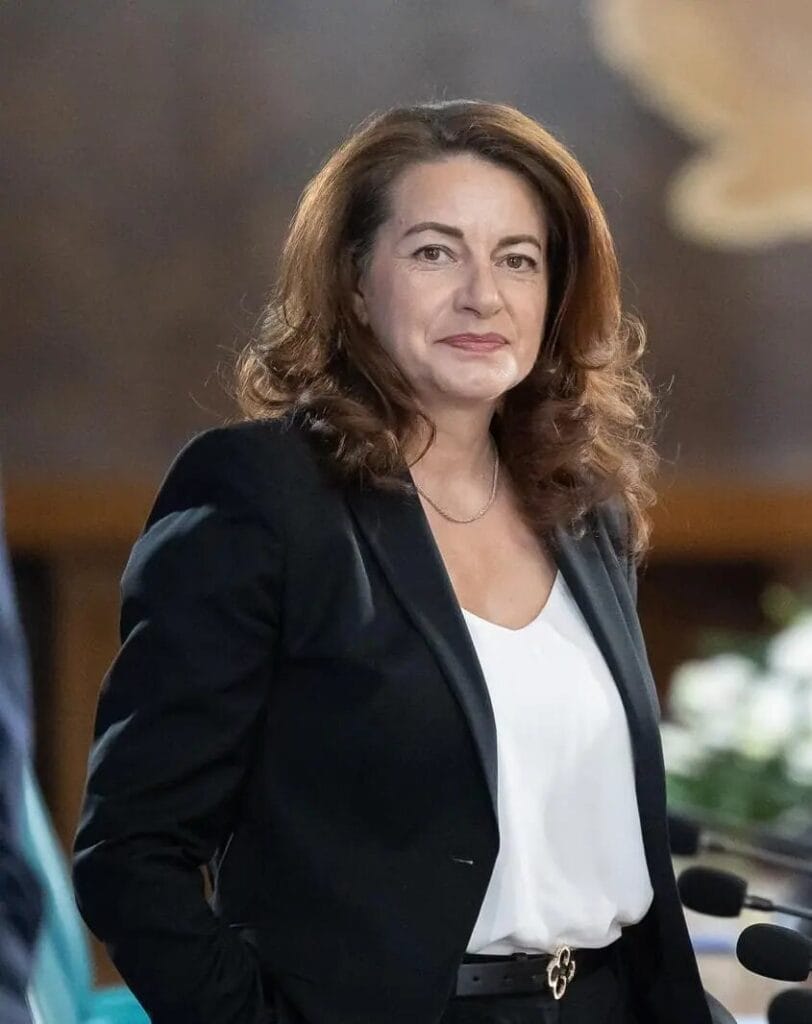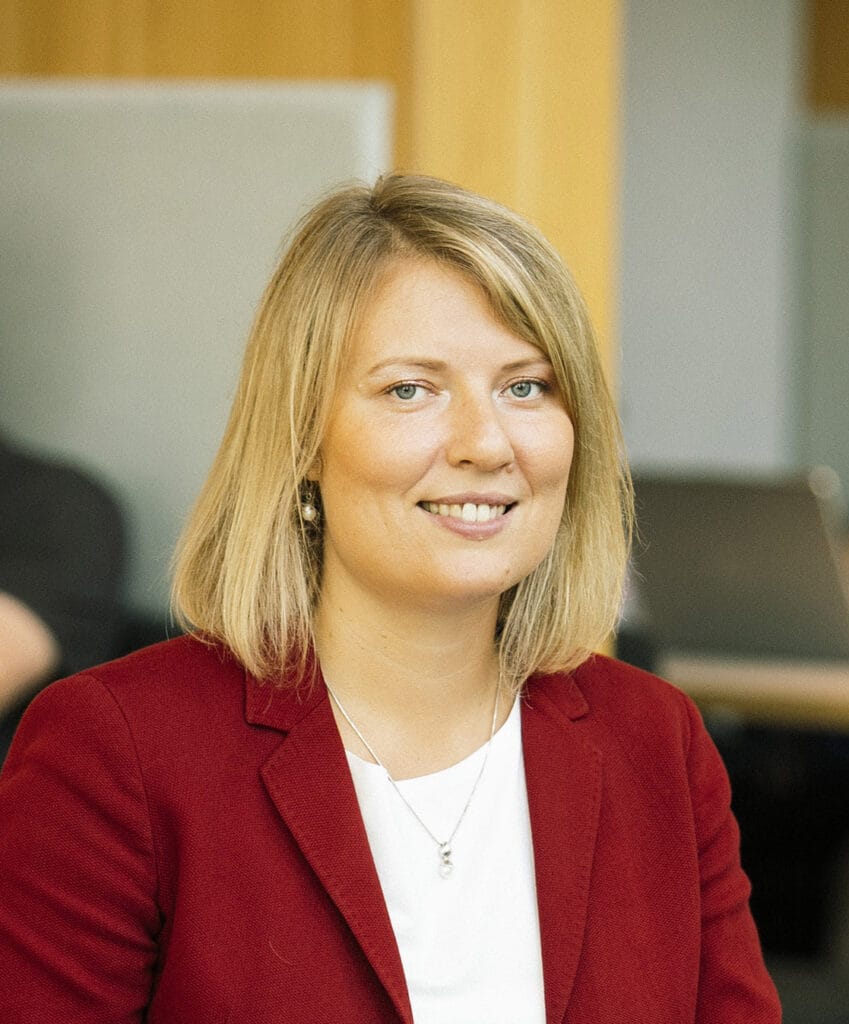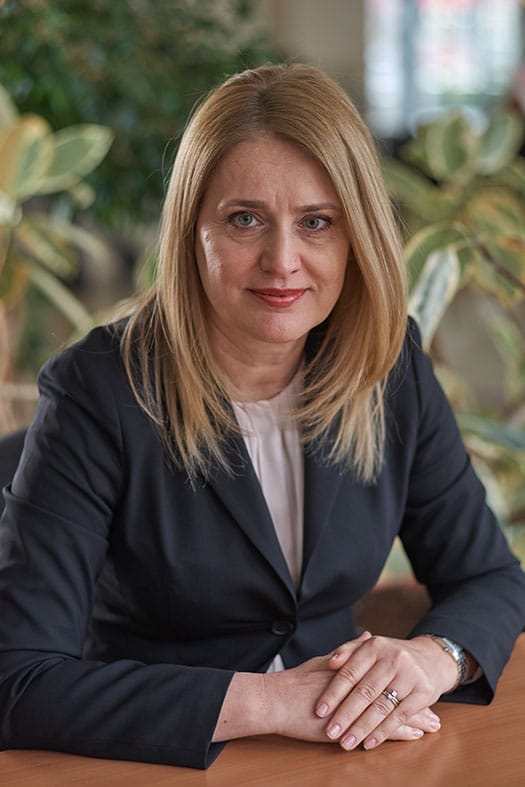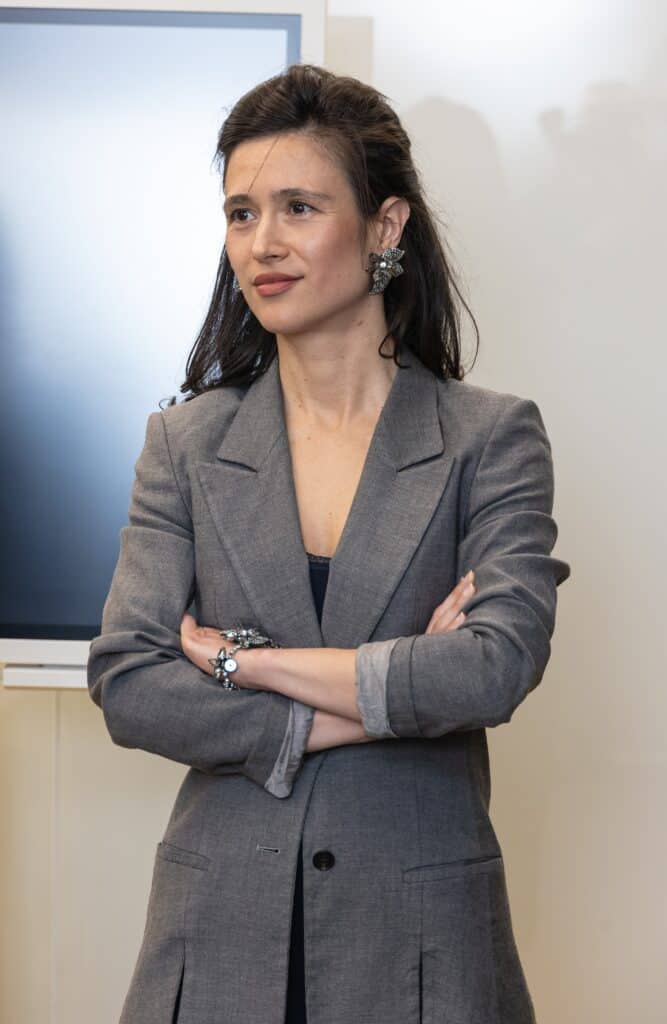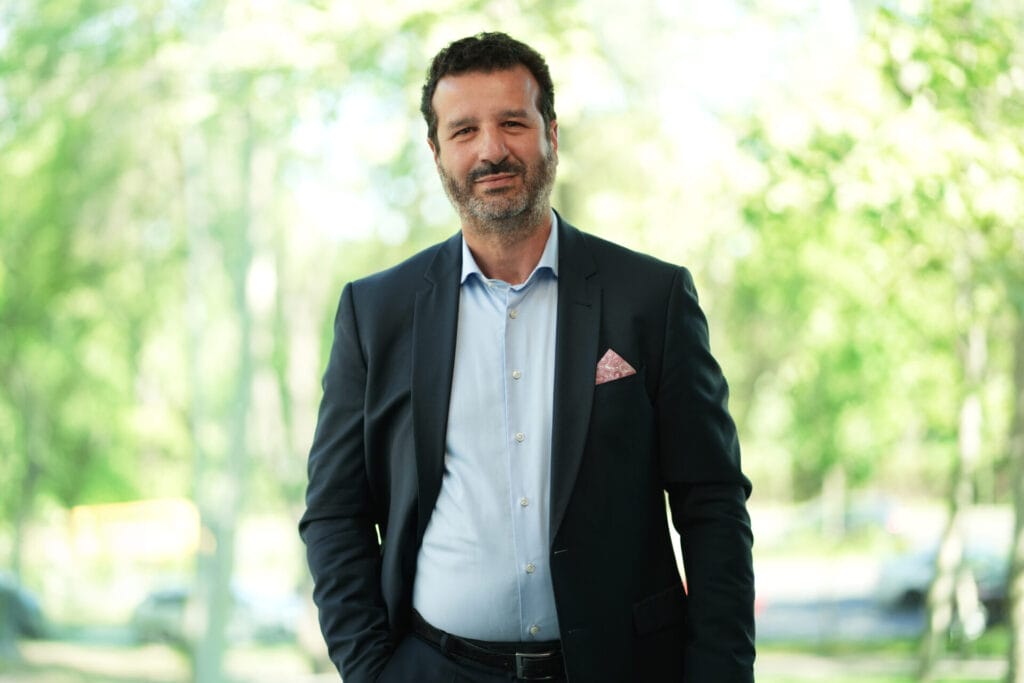The phenomenon of climate change, driven by the rising concentration of greenhouse gases (GHGs) in the atmosphere, primarily due to the use of fossil fuels, is now universally recognized as a planetary threat. This acknowledgment came to a global consensus through the Paris Agreement, where all the world’s nations committed to addressing the growing crisis.
Global Efforts to Mitigate and Adapt
Countries around the globe are actively developing mitigation and adaptation strategies to address the increasingly severe consequences of climate change. Among the most pressing challenges are:
- More frequent and intense storms: These extreme weather events cause widespread destruction, affecting everything from infrastructure to public health.
- Prolonged droughts: Particularly devastating to agriculture, droughts are expected to increase in both intensity and frequency.
- Rising sea levels: This threatens to destabilize coastal economies and displace millions of people worldwide.

The global economy is at risk of severe destabilization if these issues are not addressed. As a result, governments are designing comprehensive plans aimed at reducing greenhouse gas emissions and building resilience to the unavoidable impacts of climate change.
Climate Change: A Strategic Threat
Beyond its environmental implications, climate change is increasingly seen as a strategic threat. In the United States, for example, the Department of Defense has acknowledged the seriousness of the issue, stating:
“Climate change is an existential threat to our nation’s security, and the Department of Defense must act quickly and boldly to address this challenge and prepare for the damage that cannot be avoided.”
This statement underlines the growing recognition that climate change is not just an environmental concern but also a security issue that could destabilize societies, increase geopolitical tensions, and exacerbate global conflicts.
Even NATO, the transatlantic military alliance, highlighted the critical nature of the issue in its 2022 Strategic Concept:
“Climate change is a defining challenge of our time, with a profound impact on allied security. It is a crisis and threat multiplier. It can exacerbate conflicts, fragility, and geopolitical competition.”
Such a strong stance demonstrates that climate change has become a central concern for international security organizations, with implications that reach far beyond the environmental sphere.
Romania’s Vulnerability to Climate Change
Romania, like many other nations, is not immune to the effects of global climate change. The country is expected to experience more frequent and intense extreme weather events, including:
- Prolonged droughts in the southern regions, severely impacting agriculture and water supplies.
- Increased flooding in the northern areas, threatening infrastructure and homes.
These changes will affect several key sectors of Romania’s economy, including agriculture, infrastructure, construction, and insurance industries. Preparing for these challenges will require significant investment in resilience and adaptation measures.
A Broader Global Concern
What was once seen as an issue of environmental activism has now evolved into a global strategic threat, recognized by all nations and international organizations. Climate change is no longer the domain of environmentalists alone—it is now a priority for governments, militaries, and economic planners worldwide.
The energy transition—shifting away from fossil fuels toward renewable energy sources—is the only viable path to reducing the magnitude of climate change. Without concerted global efforts to reduce greenhouse gas emissions, the severity of climate-related impacts will only increase, posing greater risks to both human societies and natural ecosystems.
In conclusion, climate change presents one of the most significant challenges of our time, with far-reaching consequences for the environment, economy, and global security. The world must act swiftly and decisively to mitigate its effects, while simultaneously preparing for the inevitable changes that are already underway.
Curated by PPC.




